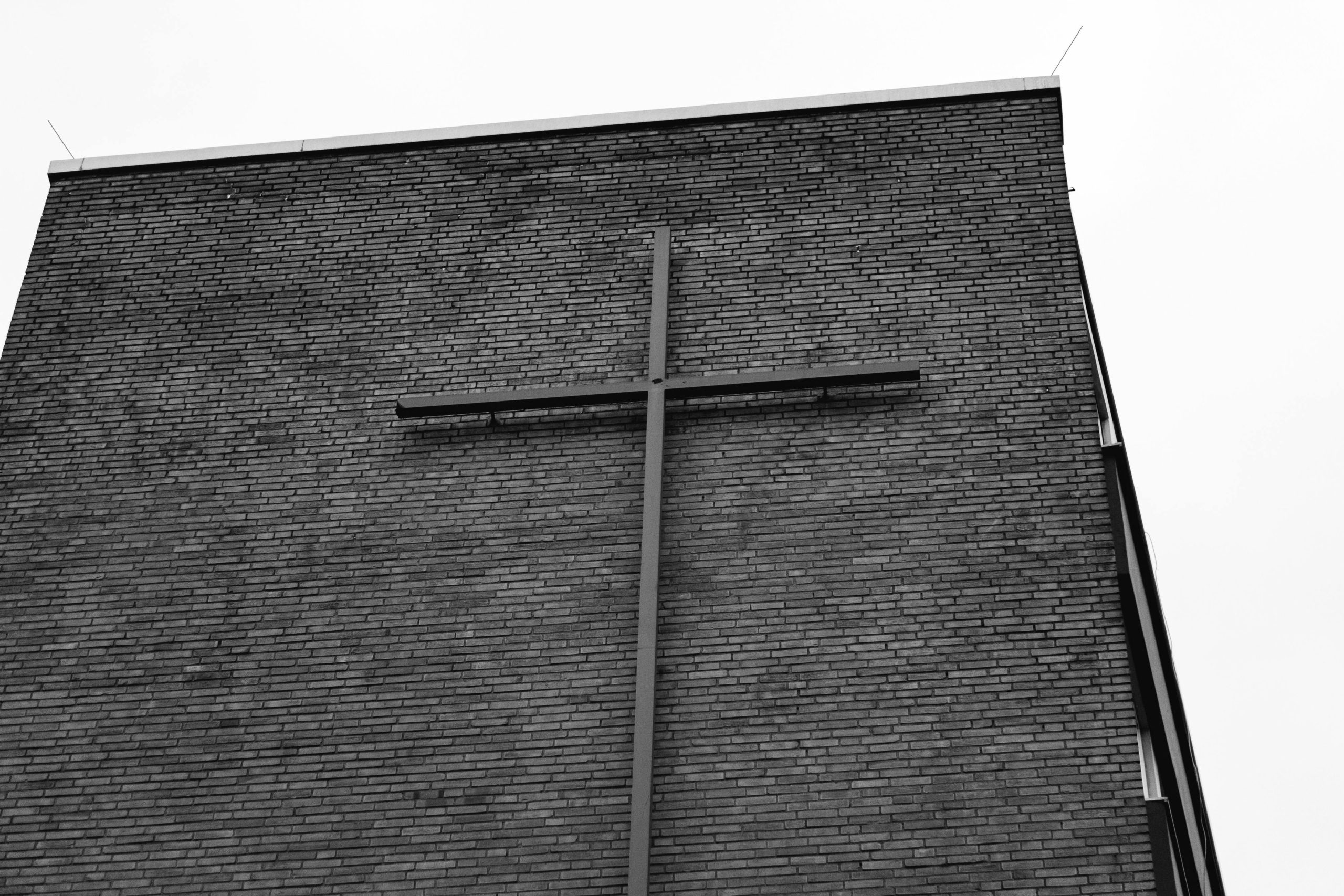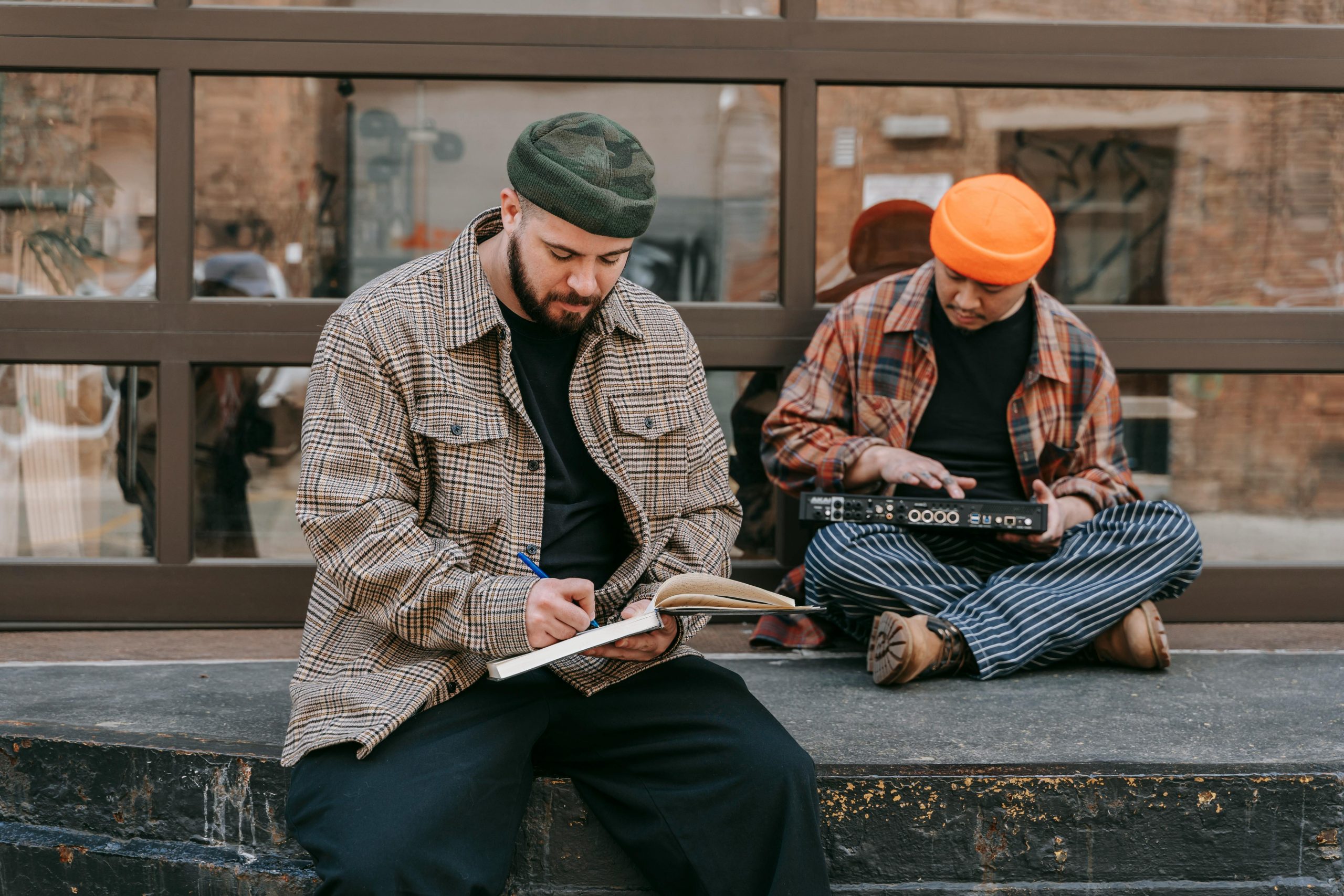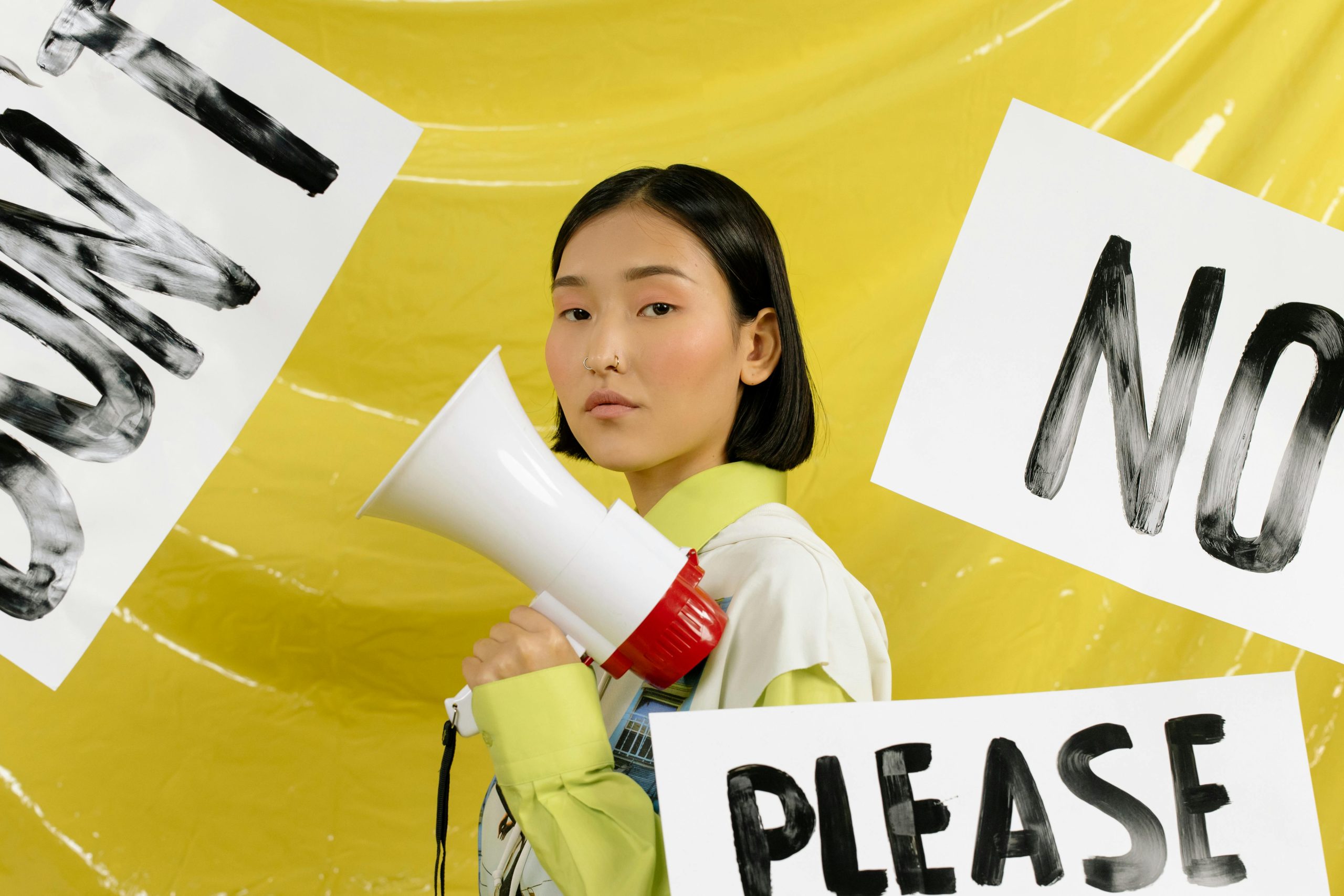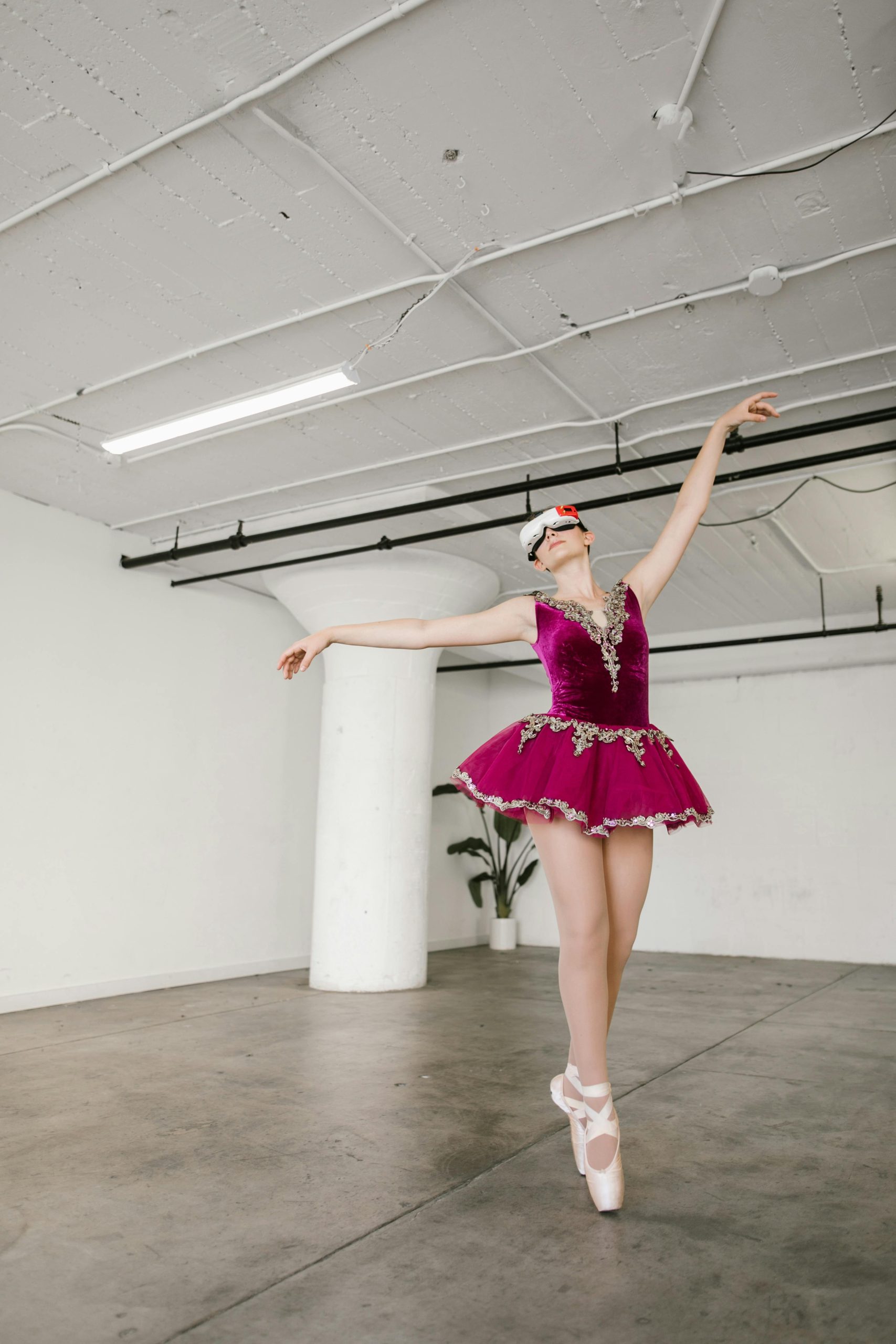The Surprising Impact of AI on Jobs We Thought Were Safe
In recent times, the rapid advancement of Artificial Intelligence has sparked a significant debate regarding its impact on the job market. Many industry experts once proclaimed that certain professions—particularly in healthcare—were secure from the grasp of automation. However, recent developments tell a different story.
NVIDIA, a major player in AI technology, recently unveiled a new AI system designed to assist in healthcare tasks, claiming that it could potentially outperform human nurses at a mere cost of $9 per hour. This raises a crucial question: Can AI truly replace healthcare jobs, and what does this mean for the future of work?
The unsettling reality is that roles previously considered irreplaceable—such as those in the creative arts and essential healthcare—are now among the first to be threatened by automation. Many had confidently argued that the human element in nursing and artistry was irreplaceable; however, the emergence of advanced AI solutions challenges this notion. Moreover, proponents of AI often suggested that this technology would free people to engage in more creative endeavors, a claim that seems increasingly disconnected from the emerging realities.
Interestingly, while professions historically viewed as monotonous—like those in factories and warehouses—continue to endure, the narrative surrounding AI’s role in the workforce has shifted dramatically. Initially, there was a widespread belief that AI would primarily focus on automating tedious tasks, allowing humans to concentrate on more fulfilling work. Yet, the data suggests a troubling trend: positions once deemed secure are now being rapidly automated, while more mundane jobs remain accessible.
As we evaluate the trajectory of AI in the workplace, it seems clear that the consequences are contrary to initial expectations. Rather than serving as a tool for human enhancement, it appears that AI may be fostering a scenario in which the most cherished professions are at risk. With this trend likely to amplify in the coming years, the question remains: what will the future of work look like for those in creative and healthcare fields?
In conclusion, the rise of AI presents a paradox; it’s essential to critically assess the implications of this technology on jobs we once took for granted. As we move forward, understanding and addressing these shifts will be crucial for shaping a future where both innovation and human talent can coexist.










Leave a Reply